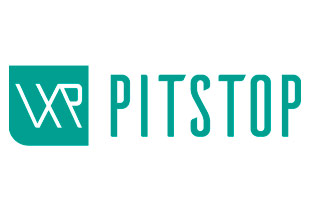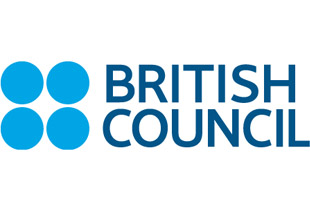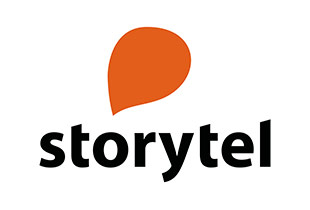The exhibition includes a taste of this new world that stories move in, where visitors can discover and touch a selection of materials that explore new narrative territories. There you’ll find a selection of experiences covering VR, interactive stories, artificial intelligence that experiments with literature, a selection of audio books, ecopublishing manuals and comics about science, amongst other things.
The paper book has traditionally been the medium for literature. The irruption of the digital format and interactivity, new technological gadgets, the ecological and economic crisis have caused us to rethink the book as an object and have widened the possibilities for narrative beyond the linear format. Thanks to virtual reality, immersive stories can reach another level, while Tweets and Instagram stories open up new terrain for writing. Intelligent machines that produce texts lead us to rethink what a writer is, and the fuzzy boundaries of Twitter threads and fake news test the distinction between reality and fiction. We present an exhibition that explores this field of new possibilities in order to ruminate on what literature ultimately is.
New Orality
In an accelerated world of communications where writing predominates, audiovisual formats, screens, voice and sound are gaining increasing relevance, in a kind of return to primitive orality. And the fact is that cultural habits are changing, as shown by the resurgence of podcasts, the success of voice messages via WhatsApp or the possibility of speaking with the machines that surround us and assist us, even reading books to us! At the last edition of the Book Fair in Frankfurt, it was revealed that 50% of users of audiobook users had not read a printed book in the last year. This makes it inevitable to consider how we will discover and read books in the future, whether in print, in electronic format, or as audiobooks. For new readers, new ways of reading.
Artificial intelligences
Human creativity used to be, like the village of Asterix, that small indomitable stronghold that the technological empire could not subjugate. But then, artificial intelligences (AI) arrived and the conception that there is something purely human that a machine can never emulate was dissipated. Artificial intelligences are complex systems that, through learning techniques, neural networks or genetic algorithms, imitate the work of artists. And, even, through the algorithmic error itself, they propose new discursive possibilities. What if we don’t know how to discern human from artificial creation? Will AI be able to generate poems or novels with the quality of the classics? Who would be the author? The machine, the artist or the programmer? Can AI be creative? And if a machine is writing it, are we talking about literature?
- The Typing Machine. Literatura generated through AI, Gusano Films
- Lady Chatterley’s Tinderbot, Libby Heaney
- El Mal Alumne, Taller Estampa
Immersive Stories
The sound, the written letter, the drawing, theatre, photography, cinema… Each instrument and each discipline make it possible to transport us to other worlds. From increasingly real experiences, they are camouflaged to take us deep into fiction and make us participants in the story. In this section, we analyse the technology that is currently putting this capacity for immersion even more to the test: virtual reality. And we do so with a selection of experiences of national and international renown, linked with some of the themes that structure the programme for Kosmopolis 2019: feminism, children’s literature, sci-fi, poetry and algorithms.
It’s Not About Books
The digital ecosystem offers narrative opportunities different to those of the book object. In the selection of digital fictions that we offer you here, we discover that it is the story itself that marks what the final artefact will be like. We play in the open field of multimedia, transcending the boundaries of written language or the combination of image and text. And we make a break with the linearity of the discourse, presenting fiction as a world that wants to be explored and which must be played at for the story to acquire meaning.
The “Bit” Generation
The printed, paper book has traditionally been the medium for literature. Emergence on the scene of the digital format and interactivity, new technological devices, and the environmental and economic crisis have led to a rethinking of the book as an object and have expanded the possibilities for narrative beyond the linear format. Thanks to virtual reality, immersive stories add a new layer of meaning, while audiobooks and Instagram stories discover new territories for writing. Smart machines that produce texts mean a reconsideration of what it means to be a writer and the blurred boundaries of Twitter threads and fake news put to the test the distinction between reality and fiction. At libraries, all this is just starting to be known, and a new dimension has opened up for the storage of these digital publications, much more complex than their traditional predecessors.
- Unmemory, Daniel Calabuig
- Gris, Nomada Studio
- Digital publications and the meaning of (digital) library, British Library
- Post-fiction vs. post-truth, Manuel Bartual







